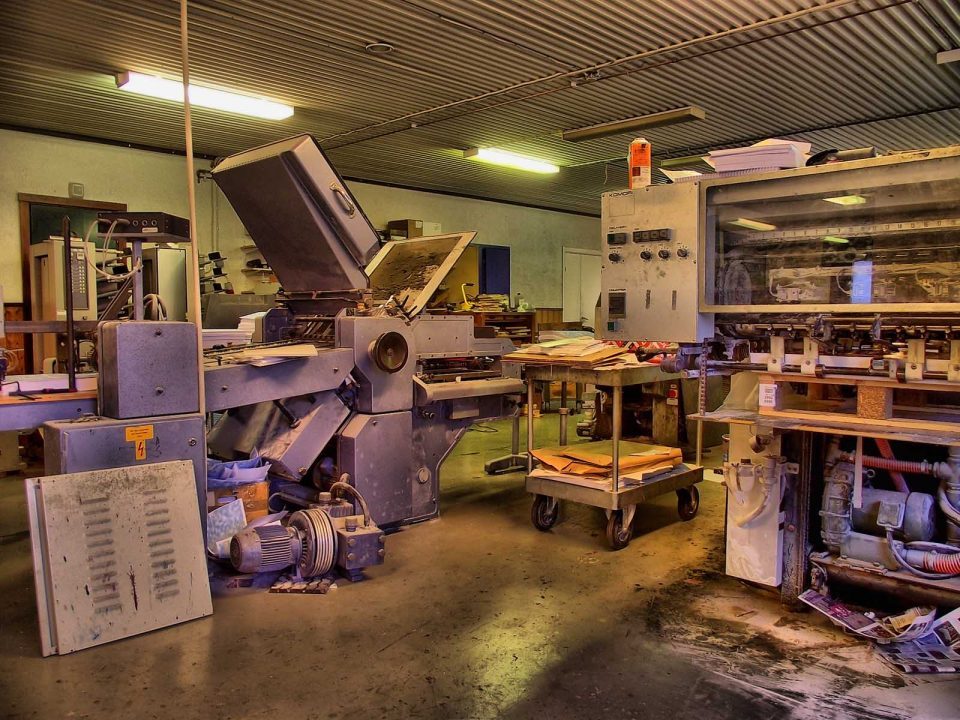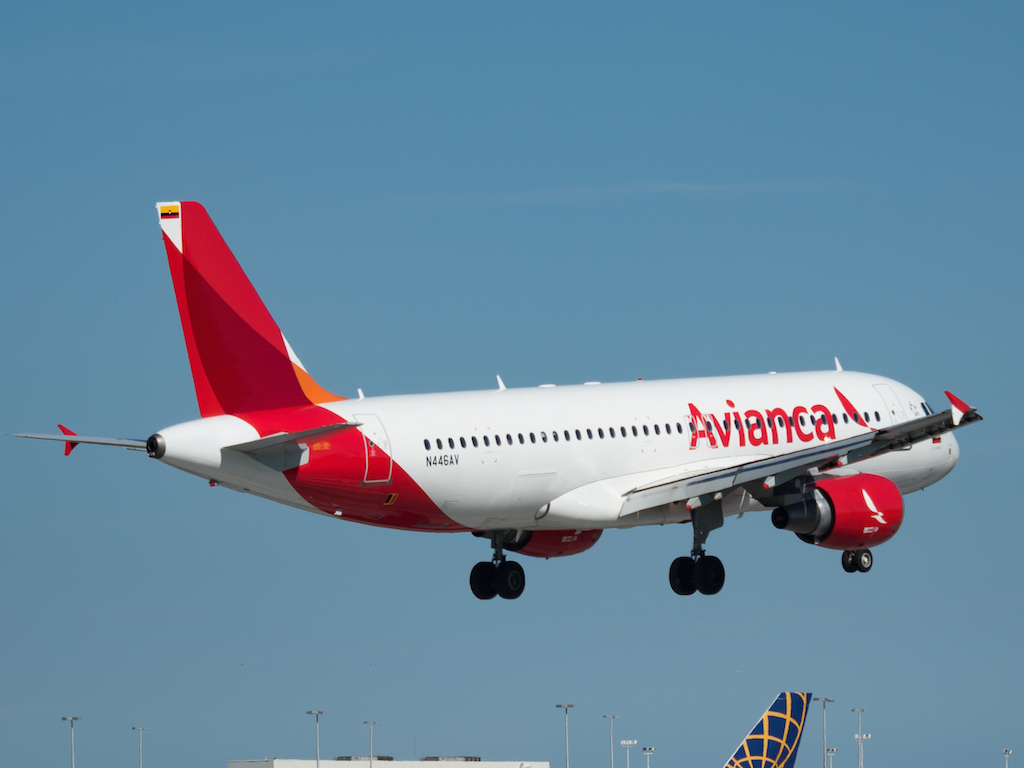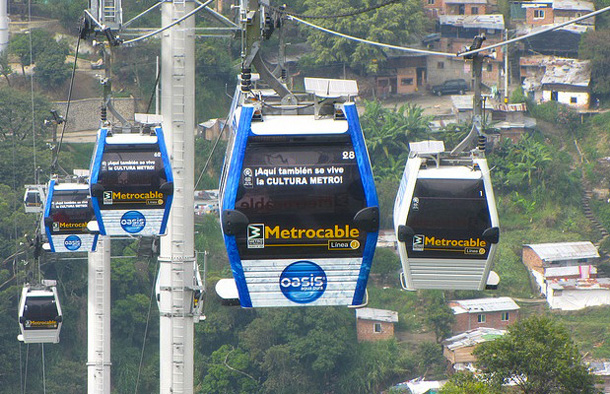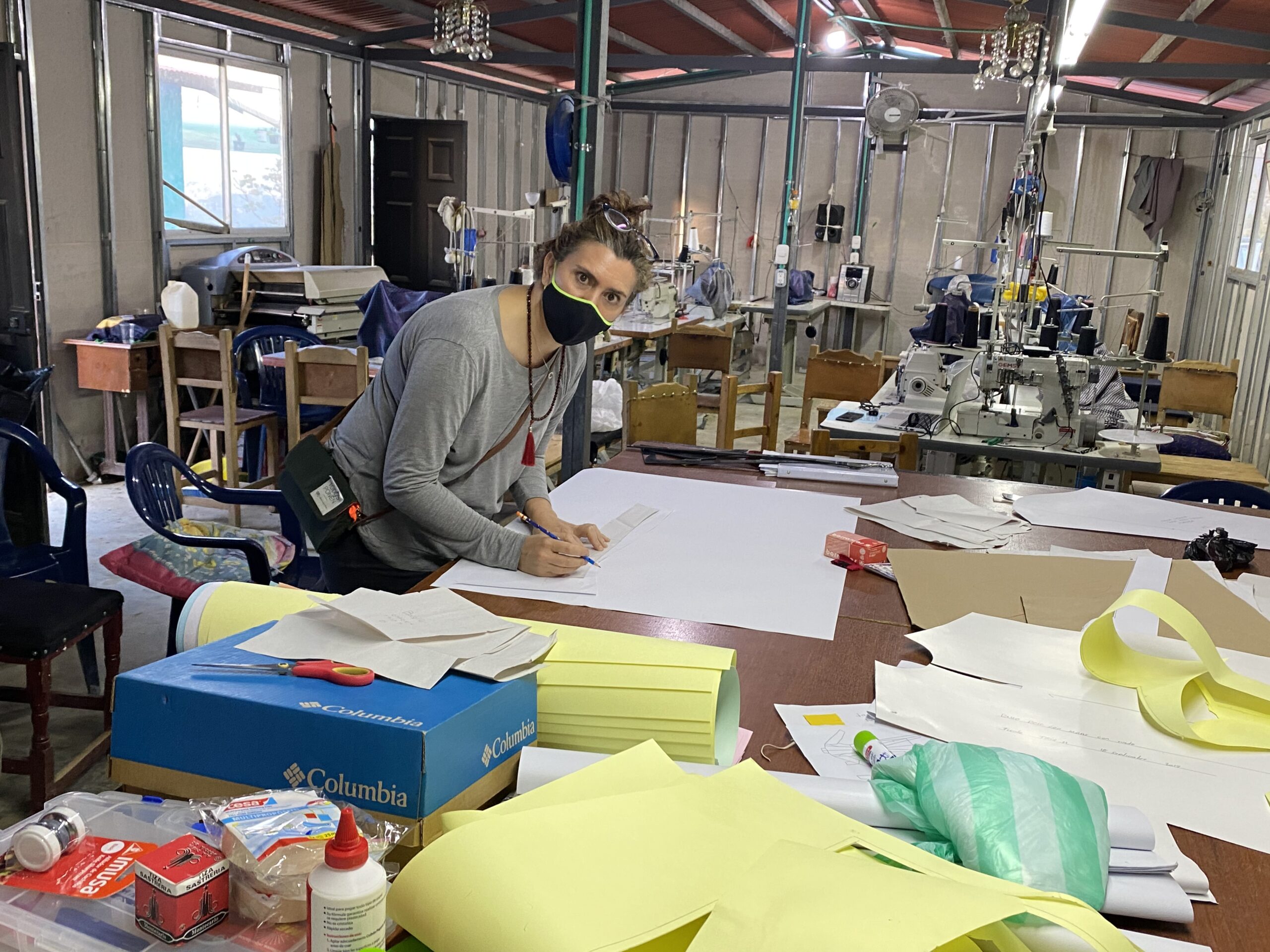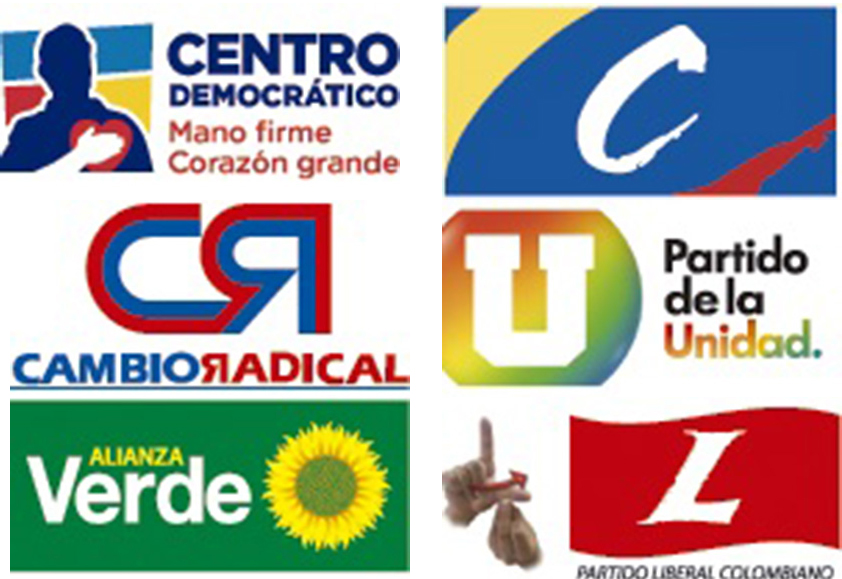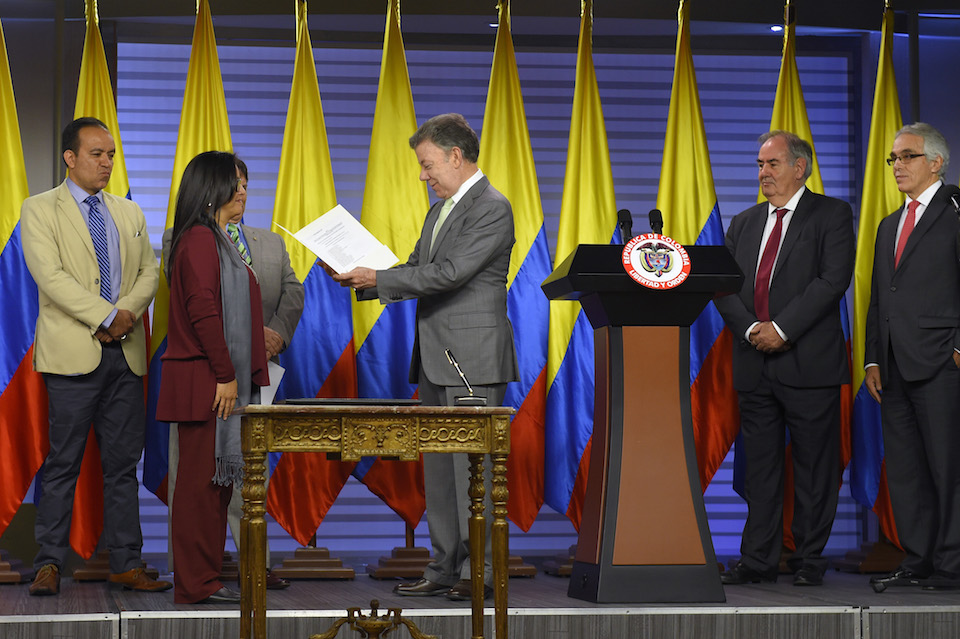
President Santos receives the list of 51 judges of the peace jurisdiction. Photo: www.presidencia.gov.co
The Special Jurisdiction for Peace is a cornerstone of the Havana peace agreement, but getting it through congress is proving tricky.
Considered to be the cornerstone of the Havana peace accord, the Special Jurisdiction for Peace will investigate and try those accused of grave human rights violations and war crimes committed during the Colombian armed conflict. An independent selection committee recently nominated the 51 judges of the peace jurisdiction. However, legislative procedures to fully implement the new transitional justice system are still underway.
What is the statutory law?
Even though the Special Jurisdiction for Peace was introduced by a reform bill in March, the Colombian constitution requires that an additional law be passed in matters related to the administration of justice. Currently, congress is debating such a statutory law that details the functional, composition and procedural aspects of the future peace court and its chambers.
What are the debates?
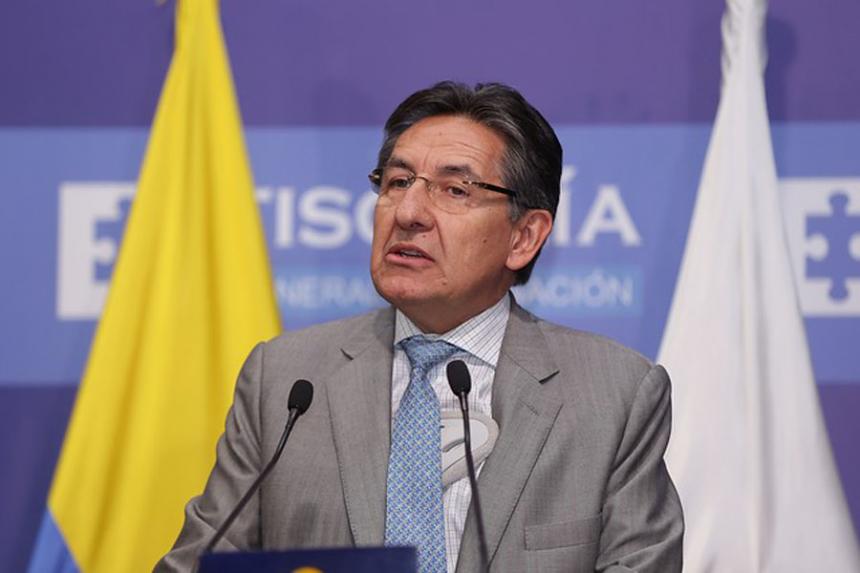
Fiscal general Néstor Humberto Martínez
The draft statutory law was hotly debated in joint sessions of the senate and the house of representatives. Prosecutor General Néstor Humberto Martínez voiced concerns regarding the treatment of FARC dissidents and straw men, demanding that the law be clear in excluding these individuals from the peace tribunal’s jurisdiction and revoking any judicial benefits from those who fail to disclose their illegal assets. In addition, propositions were made to strengthen victims’ rights by giving them the possibility to appeal if their case isn’t selected by the court. Following hour-long debates, these points eventually made it into a revised version of the law.
Although members of the Cambio Radical party had unanimously announced their abstention from the vote in order to protest the law, most articles were passed anyway.
Related: Challenges following the FARC disarmament
Failure to reach quorum, however, forced congress to suspend its session on October 4 and postpone voting on the remaining articles to a later date.
In addition, serious delays were apparently caused by Rodrigo Lara, a Cambio Radical member and president of the house of representatives.
Minister of the Interior Guillermo Rivera, who had presented the draft law to congress as early as August 1, implied that Lara had been blocking the process deliberately.
“When a law is presented, the president must send it to the respective committee, which shouldn’t take longer than two days,” he said.
Rivera complained that “strangely enough, Lara took three weeks to do so,” making it impossible to move forward with the necessary debates during that time.
What will happen if they can’t pass it?
Since most articles were passed despite Cambio Radical’s abstention, it is very unlikely that the law won’t go through. However, the special fast-track procedures for a speedier implementation of the peace agreement are due to expire on November 1, so time is of the essence. In an effort to mitigate the risks of further delays, President Juan Manuel Santos issued a decree on September 28 that allows the Special Jurisdiction for Peace to commence part of its work prior to the approval of the statutory law.

